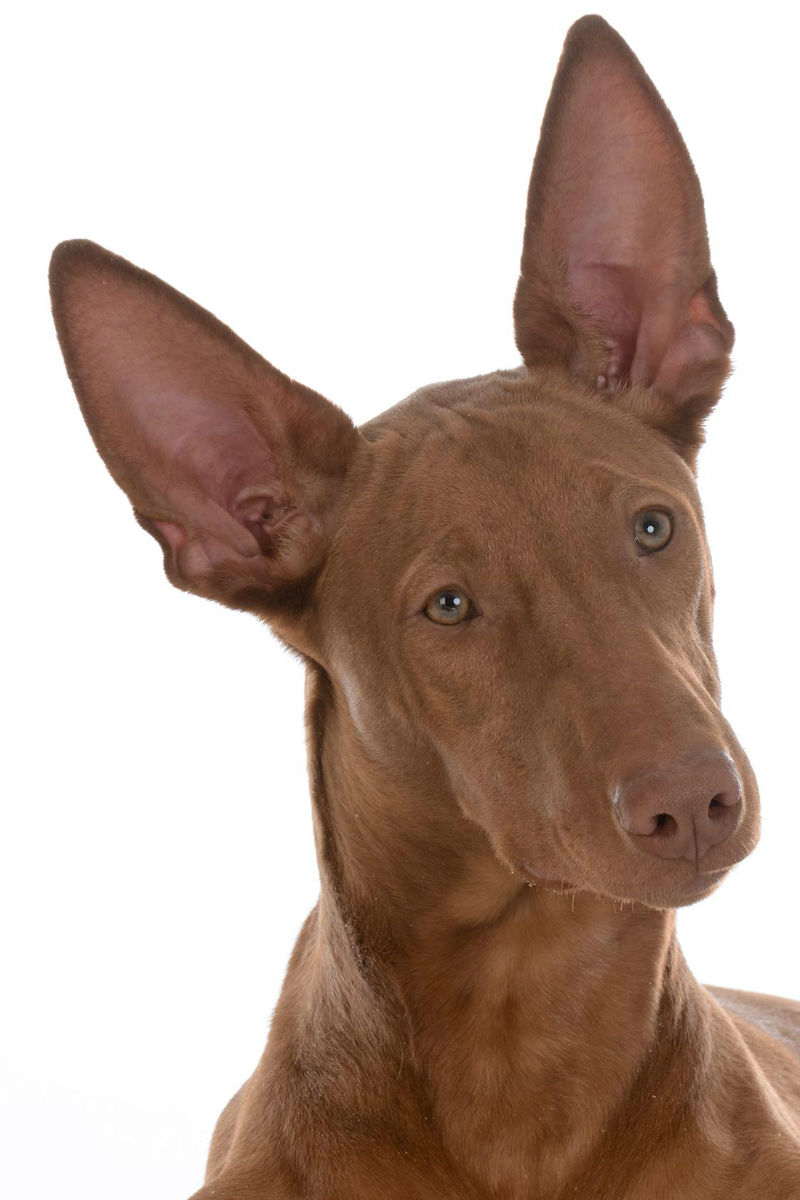
However, these dogs are typically not trained to do any specific job, and they are considered pets from a legal standpoint. Therapists may prescribe a support dog for someone who suffers from anxiety or depression to provide a measure of relief. These aren’t service dogs, either, but rather dogs who support their humans’ mental health. Retired therapy dogs might be excellent pets for seniors because they’re generally well-trained, calm, and obedient.įinally, there are emotional support dogs. Their job is to provide positive mental support. There are also therapy dogs who visit nursing homes, hospitals, schools, and other locations to support the people there. This can mean helping someone with vision loss or hearing loss, or it can mean acting as an assistant who can open doors, retrieve food, or remind someone to take their medication. We’re not talking about breeds here, but canines who have been trained specially to assist with their humans’ needs.ĭifferent types of service dogs are trained to assist their humans with vital tasks. On top of the considerations above, a few other types of dogs might be better for seniors. Therapy, Support, and Service dogs for Seniors A woman and a blind man sitting on a park bench with a Labrador guide A retirement village may only allow small dogs, and some areas may ban certain breeds altogether. A frail, sick pet that can’t walk on its own is likely going to be a challenge.įinally, there’s the community where the individual lives to think about. With that said, the dog’s health is another thing to factor in when choosing a dog. However, some senior dogs require a lot of extra care because of failing health, which might be too much to take on. Senior dogs are also something to consider since they’re in the same period of their lives and may have matching energy levels. That might be perfect for someone with a lot of time on their hands, or it might be too much of a commitment for an individual whose health isn’t ideal.Īdult dogs might be a better choice, especially if they’re already trained. Puppies take a lot of work, including training, socialization, and lots of vet visits. A feisty Chow might be the wrong fit for someone heading into their golden years. Of course, not all dogs have the same personality, but knowing the breed can help you predict a bit about how it will behave. Likewise, a terrier with a rough coat may be too much work for some people. People on a limited budget may not want to spend hundreds of dollars a month on their Standard Poodle’s perfect do. Grooming is something else that needs to be considered.

If the dog tries to run off or gets too excited, it could result in a serious accident. A rambunctious Irish Wolfhound might be too much for an older adult with arthritis issues.

:max_bytes(150000):strip_icc()/cdn.cliqueinc.com__cache__posts__267473__medium-dog-breeds-267473-1536705656591-main.700x0c-ee13ad6fc2aa45e4b6db32a87db47cc9.jpg)
While you might have plenty of energy now, in 12 years, you may be winding down, but your dog is still ready to go. It’s also important to consider the future. A retired senior who enjoys an evening walk around the neighborhood is not a good fit for an Australian Shepherd who needs lots of exercises.
#Medium sized dog breeds how to#
How to decide which dog is best for seniors? The dog breed you choose has to match the senior owner’s lifestyle. 5 Further Readings: Find Out More About Breeds For Special Needsīefore getting a dog, or if you’re planning to give your mom, dad, or grandparents a fur baby, there are several important factors to consider.4 Best Dogs for Seniors: Which is Your Favorite?.2 Best Companion Dogs for Seniors and the Elderly Based on Size.1 Finding the Best Dog Breeds for Seniors.


 0 kommentar(er)
0 kommentar(er)
